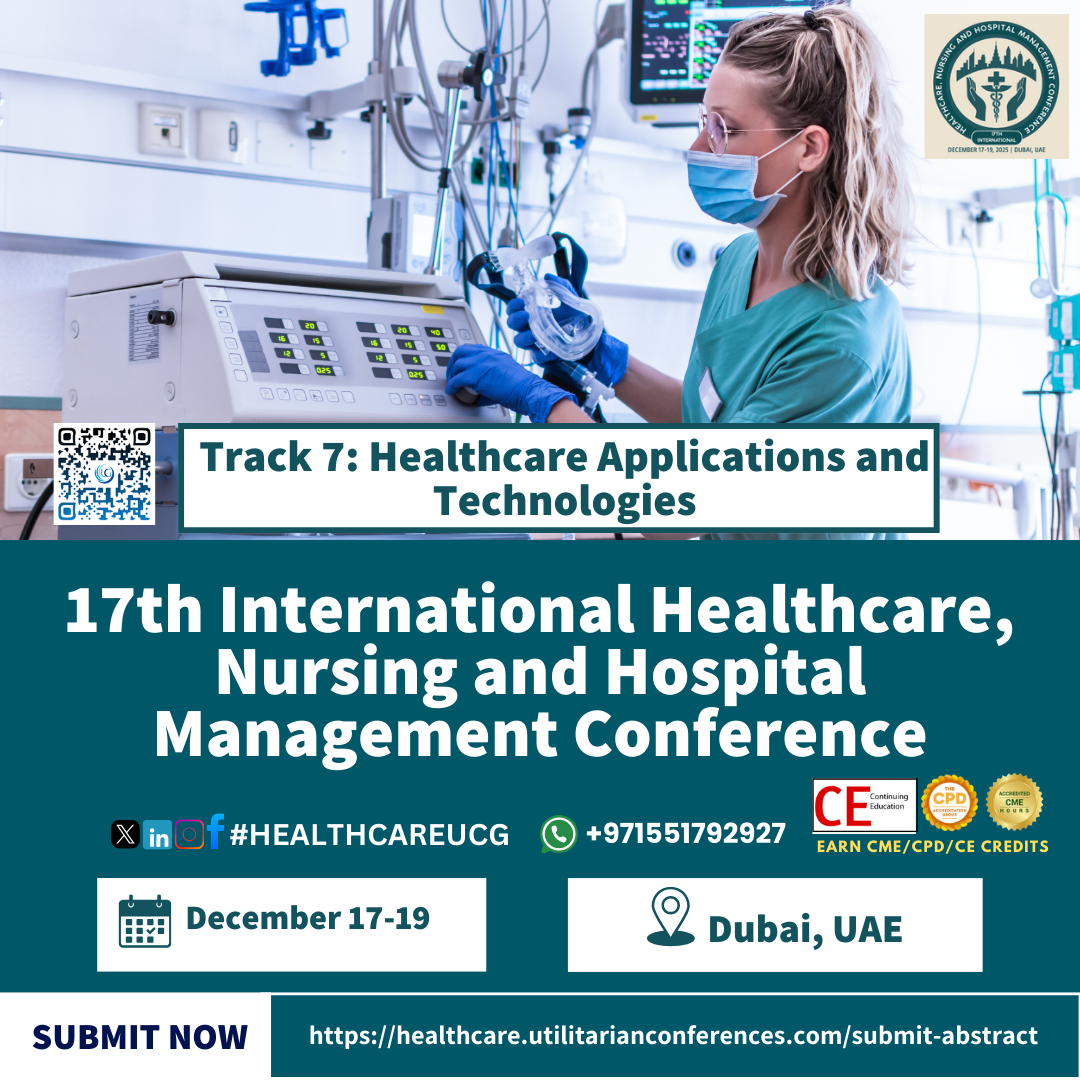



Primary healthcare is the first level of contact individuals, families, and communities...

Personalized and precision medicine are innovative approaches to disease prevention, diagnosis, and...

Healthcare applications and technologies encompass a broad range of digital tools, software, and devices designed to improve the delivery, efficiency, and accessibility of healthcare services. These innovations are transforming the healthcare industry by enhancing patient care, supporting medical professionals, and streamlining administrative processes.
Electronic Health Records (EHRs)
Digital records that store comprehensive patient information, enabling seamless data access and sharing among healthcare providers.
Telemedicine and Telehealth
Technologies that allow remote consultations, diagnosis, and treatment using video conferencing, mobile apps, and other communication tools—expanding access to care.
Mobile Health Apps (mHealth)
Smartphone applications that track health metrics, remind patients about medications, provide wellness advice, and enable direct communication with healthcare providers.
Wearable Devices
Gadgets like fitness trackers, smartwatches, and biosensors monitor vital signs (heart rate, blood pressure, glucose levels) in real time, encouraging proactive health management.
Artificial Intelligence (AI) and Machine Learning
AI-powered tools analyze medical data to assist with diagnostics, predict patient outcomes, and personalize treatment plans.
Robotics
Robots assist in surgeries (robotic surgery), rehabilitation, and even routine tasks like medication dispensing or patient transport, enhancing precision and efficiency.
3D Printing
Used to create customized implants, prosthetics, and even tissue models for surgical planning, improving patient outcomes.
Health Information Systems (HIS)
Software platforms that integrate clinical, administrative, and financial data, supporting hospital management and improving coordination.
Blockchain Technology
Ensures secure and transparent sharing of health data, protecting patient privacy and reducing fraud.
Virtual Reality (VR) and Augmented Reality (AR)
Used for medical training, pain management, and patient rehabilitation by creating immersive simulations.
Improved Patient Outcomes: Real-time monitoring and personalized care lead to better health results.
Increased Access: Remote technologies break geographical barriers, bringing healthcare to underserved areas.
Enhanced Efficiency: Automation reduces paperwork and streamlines workflows.
Cost Reduction: Preventive care and early intervention reduce hospital admissions and treatment costs.
Empowered Patients: Tools encourage patients to engage actively in their own health management.
Data Privacy and Security: Protecting sensitive patient information remains a top priority.
Digital Literacy: Both patients and providers need training to effectively use new technologies.
Integration: Ensuring compatibility between different systems is essential for smooth operation.
Regulatory Compliance: Technologies must meet healthcare regulations and standards.
Cost and Access: High costs can limit availability, especially in low-resource settings.
Healthcare applications and technologies are revolutionizing how care is delivered and managed. From AI-driven diagnostics to wearable health monitors, these tools empower providers and patients alike. As innovation continues to advance, addressing challenges related to security, access, and training will be crucial to maximize the benefits and create a more efficient, patient-centered healthcare system.
#Healthcare #ConferenceDubai #NewYear2026 #BurjKhalifa #DubaiMahal #HospitalManagement #PatientSafety #HealthcareDubai #UAE2026 #MedicalConference #SmartHealthcare